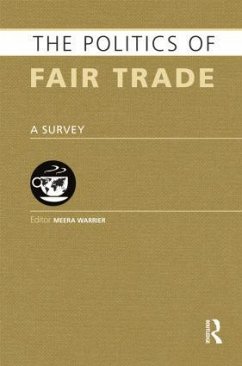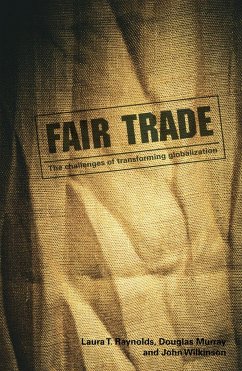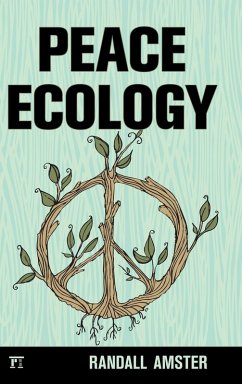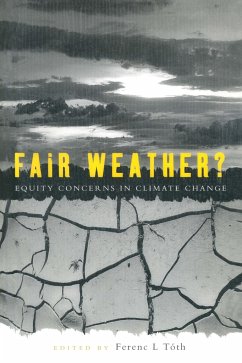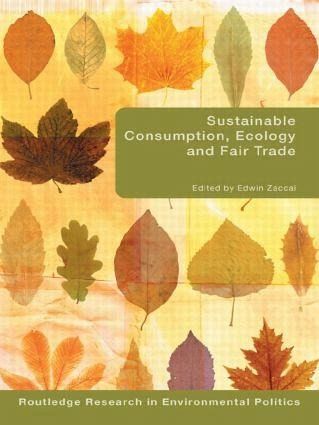
Sustainable Consumption, Ecology and Fair Trade
Versandkostenfrei!
Versandfertig in 1-2 Wochen
117,99 €
inkl. MwSt.

PAYBACK Punkte
59 °P sammeln!
This timely volume discusses the debates concerning sustainable consumption and the environment. Sustainable consumption stands as a wide objective that attracts a growing attention within sustainable development policy circles and academic research. The contributors examine a range of interesting and relevant case studies including: household energy consumption, sustainable welfare, Fair Trade, Oxfam Worldshops, cotton farming and consumer organizations. Sustainable Consumption takes an interdisciplinary approach and is well-balanced, presenting theoretical debates as well as empirical eviden...
This timely volume discusses the debates concerning sustainable consumption and the environment. Sustainable consumption stands as a wide objective that attracts a growing attention within sustainable development policy circles and academic research. The contributors examine a range of interesting and relevant case studies including: household energy consumption, sustainable welfare, Fair Trade, Oxfam Worldshops, cotton farming and consumer organizations. Sustainable Consumption takes an interdisciplinary approach and is well-balanced, presenting theoretical debates as well as empirical evidence in order to: characterize the basic problems and determiners of an evolution towards, and the obstacles to, more sustainable consumption patterns produce knowledge on the profile of consumers sensitive, and not sensitive, to these issues explore realistic modes of interaction and innovation for changes in which consumers are involved. This text will be of interest to students and scholars of politics, environment studies and sociology.





